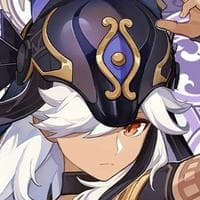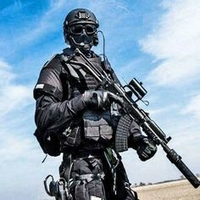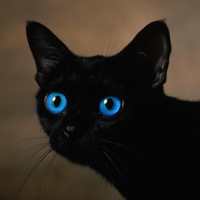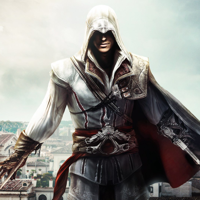Sam Porter Bridges / Sam Strand typ osobowości MBTI
Osobowość
"Jaki typ osobowości jest {profilename}? {profilename} jest typem osobowości {mbti} w mbti, {enneagram} - {iv} - {tritype} w enneagram, {big5} w Big 5, {sociionics} in Socionics."
Sam is a 9, not a 6, and I'll die on this hill. (Spoiler-heavy, relying heavily on the DS novelization for insight into Sam's perspective of the world/his life) 9 deteriorates towards 6. Type 6 finds comfort in routines and contingency plans, which they share with type 9. However, the way 6 handles this fear is direct and honest; they acknowledge it to themselves and move away from whatever threat they're facing, protecting themselves by whatever means necessary. Type 9, on the other hand, abstracts from fear and responds to it with stone-faced rage due to their basis in the anger triad. If Sam were a 6, he wouldn't have had a problem saying "no" to Bridges, he would have been out of there as soon as they started experimenting on him without medical consent and boxing him in, especially given that he's an ISTP. ISTP 6 has few issues walking away from a situation they don't want to be in. Type 9, however, often lacks the fortitude of self-affirmation to do so. Sam shows many 6-adjacent behaviors throughout the game, in his displays of fear, doubt, skepticism, and general aversion, due to the fact that he's in a state of stress, actively deteriorating towards 6 *and* he has a secondary 6 fix in his tritype. As a 963, Sam is true to type. He displays positive 6 traits through responsibility, strategic thinking, and loyalty. A distinguishing feature of 6 is their frequent nature as team players. 6 finds safety within a "tribe," endearing themselves to a group to satisfy their survivalist instincts and secure protection for themselves. They do so from a basis of logic, determining what a given person or group needs, contrasting it with their own needs, and finding a role to fulfill accordingly. This is where they're most comfortable: being invaluable in they space they occupy. They're similar to type 9 in this affinity for group belonging, but they often lack the people-pleasing tendencies of 9 in favor of a more pragmatic view about their place in the world. 6 couldn't force themselves to stop caring if they tried, nor deny their attachments, but 9 finds it easier to abstract from attachments and achieve a state of being comfortably numb to their emotions. 6 can't do this. Herein, we see Sam. Sam found peace with the idea of the world ending, and at the same time, personal meaning in doing his best to save it, embracing the value of fighting for a little more time, "so we can say we had a good run, that we lived." Type 6 wouldn't be so easily satisfied with such a notion, and would call it surrendering or giving up, but type 9 finds harmony in acceptance of the way things are as long as they *try.* In many ways... 9 is a bridge. (*sad trumpet noise as no one laughs*) 9 fears loss and separation, which makes perfect sense after Sam's loss of Lucy and his daughter, but of course he was old enough when that happened for his personality to have already developed plenty (21 IIRC) so that incident merely cemented his 9 fix further. Gotta dig deeper to uncover the original source of his issues. Bridget was largely absent in raising Sam, taking on a detached, avoidant-disorganized parenting style, rarely touching him or spending time with him from the sounds of it, while his closest relationship was with Amelie, who by her divine nature is inherently detached even if she doesn't want to be, separate from the rest of the world. Being closest to a person who doesn't exist in the land of the living is bound to take a toll on a child's psyche, as Lucy reasoned, in a... roundabout way, while assessing his aphenphosmphobia. But let's go back even further. The very start, let's say? Sam was taken from his mother's womb, shoved in a BB pod, connected to and detached from her at the same time, existing between the world of the living and the world of the dead, disconnected from all of it. And so he remained, as a repatriate, an inhabitant of the in-between, forevermore. Lost his life, lost his connection to the natural cycle of life and death, lost his father. He's known nothing but loss and separation since he began. And here's the thing: BB memories stick around, they're just repressed. That leaves a mark. sp9s crave nurture and safety because, "there is no memory of maternal love in the [sp9's] vocabulary." (Naranjo) One cannot identify a need for that which they've never known. sp9 is a paradox, both distant and attached. Higgs sums this part of Sam up very well in observing (novelization quote) that Sam "found meaning in survival by connecting people to people without connecting to them himself." (continued in replies)
Biografia
#NormanReedus
























